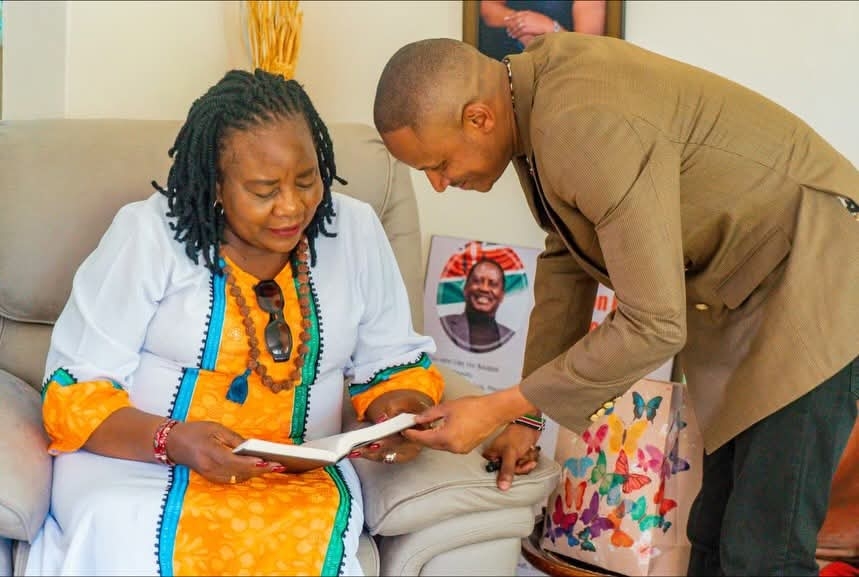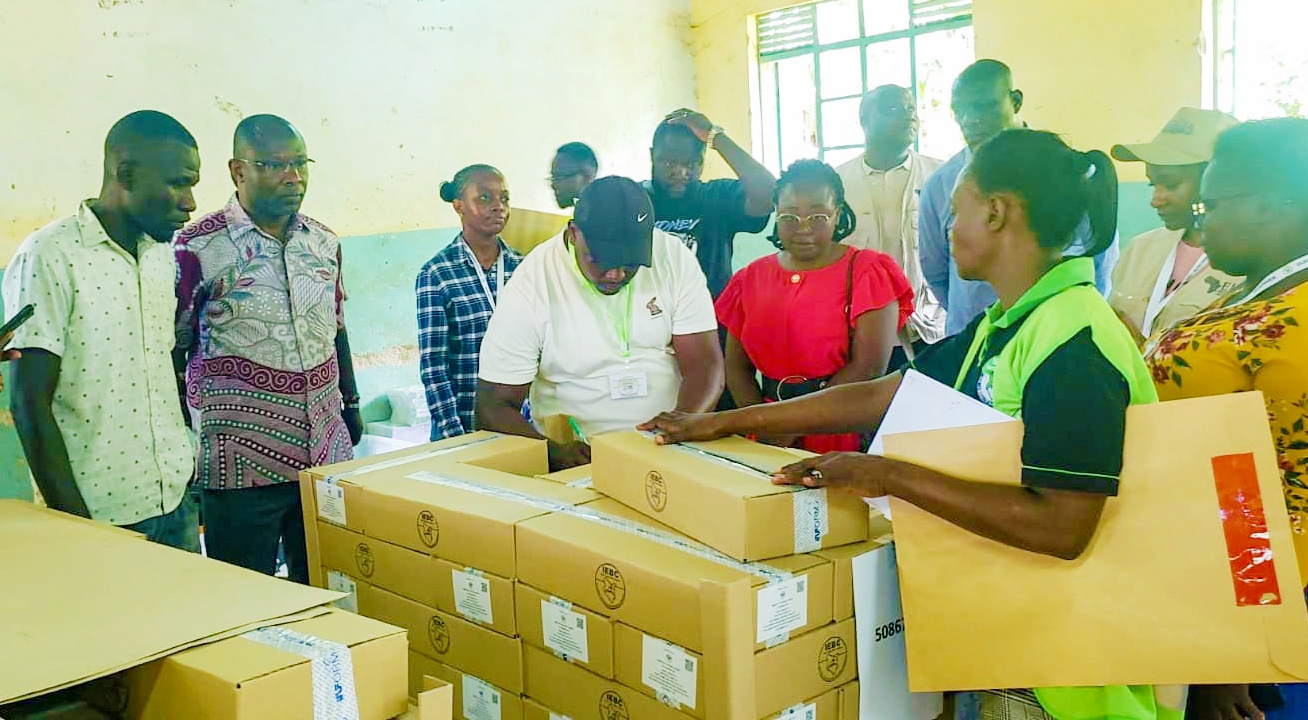Are we doomed to become our parents? To repeat their mistakes and thus their history?
As the BBI bill makes its way seemingly inexorably through Parliament and towards a referendum, and elections continue to generate violence, the parallels with the past its proponents claims to want to address are disturbing.
At independence, the Kenyatta I government, which was peopled by many who collaborated with the colonial regime, appropriated the liberation fight and wasted little time undoing its achievements.
Today, the 2010 Constitution is threatened by the very arguments that felled the independence constitution and, within a few years, put us back on the path of colonial-style dictatorship and penury: A president who seems more interested in consolidating his own power than delivering on his campaign promises, who leads a superficial and fraying tribal coalition which papers over and heightens rather than resolves ethnic divisions.
“If a factory is torn down but the rationality which produced it is left standing, then that rationality will simply produce another factory. If a revolution destroys a government, but the systematic patterns of thought that produced that government are left intact, then those patterns will repeat themselves,” wrote US philosopher Robert Pirsig, in his Zen and the Art of Motorcycle Maintenance.
In Kenya, we have tried everything except reform the “systematic patterns of thought” that generated the repressive and kleptocratic regimes of the last six decades, patterns of thought that find their genesis in the attitudes and divisions created in the half century of colonial rule that preceded them.
Now this is not what it might sound like: Blaming the past or the colonialists for our current predicament. It is actually an indictment of the independence generation which failed to substantially dismantle or reform the system of divide and rule created by the British for the extraction and theft of resources from the native population and the concentration of power in the hands of a privileged few — what Mwai Kibaki called the Old Establishment.
It is an indictment of the current generation that is following in their footsteps, entrenching rather than overthrowing the system.
For this is what the BBI is set to do. It is recreating the nusu-mkate systems that have always paved the way to gluttonous eating – whether it is Kadu being subsumed into Kanu or the Government of National Unity in 2008.
The late Donella Meadows, in Thinking in Systems - A Primer described a system as “a set of things—people, cells, molecules, or whatever—interconnected in such a way that they produce their own pattern of behaviour over time,” and invited us to consider the implications of the idea that any system, to a large extent, causes its own behaviour.
It is the nature of Kenya’s democracy, the relationships between its various components –voters, rulers, police, soldiers, judges, journalists, media owners, businessmen, legislators, etc.- are what produce and reinforce the patterns of repression and inequality, of tribalism and corruption, ineptitude and poverty and marginalisation, that we are so familiar with.
The systems we have are what produce the behaviour we see. But the BBI, which is an attempt by two people to hijack the national conversation around reform, begins with the assumption that the people are the problem.
This is why it is so thin on reforming the electoral system to ensure credible polls and preclude violence, preferring instead to paint Kenyans as perennial sore losers needing electoral contests where no politician can be rejected.
There is also very little on how to cut off the systemic roots of corruption with the document retreating to tired promises to expedite punishment of “Big Fish” rather than addressing why the opportunities for stealing exist in the first place.
If we truly want to fix Kenya’s problem, we need to examine the systems and patterns of thought that produce it.
We need to get away from short-term, knee-jerk reactions and “solutionism” and think through the rules, attitudes and incentives pervading the system. Then we can make changes that will produce and reinforce the behaviour we wish to see and prevent the future being a re-run of the past.

















